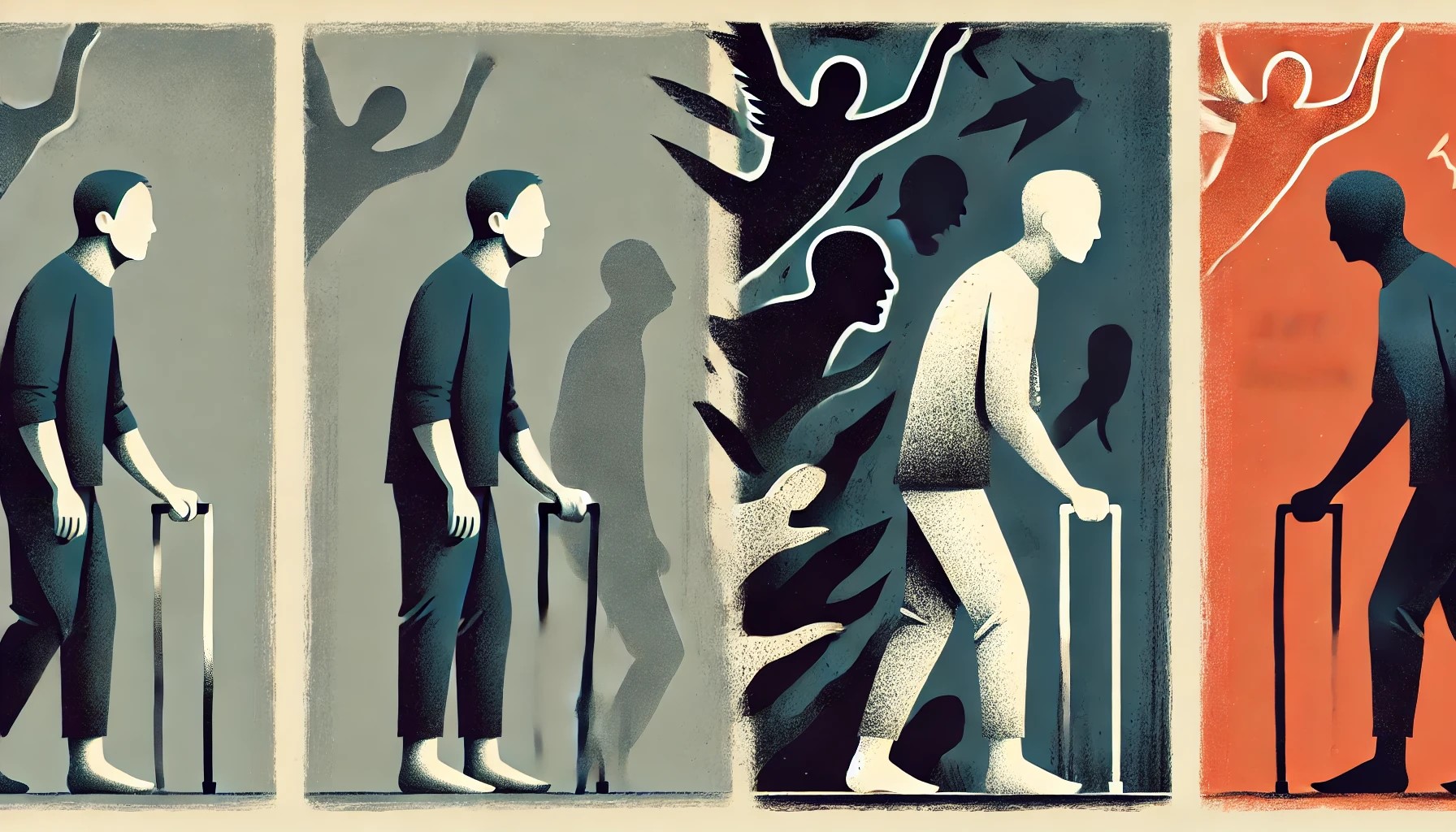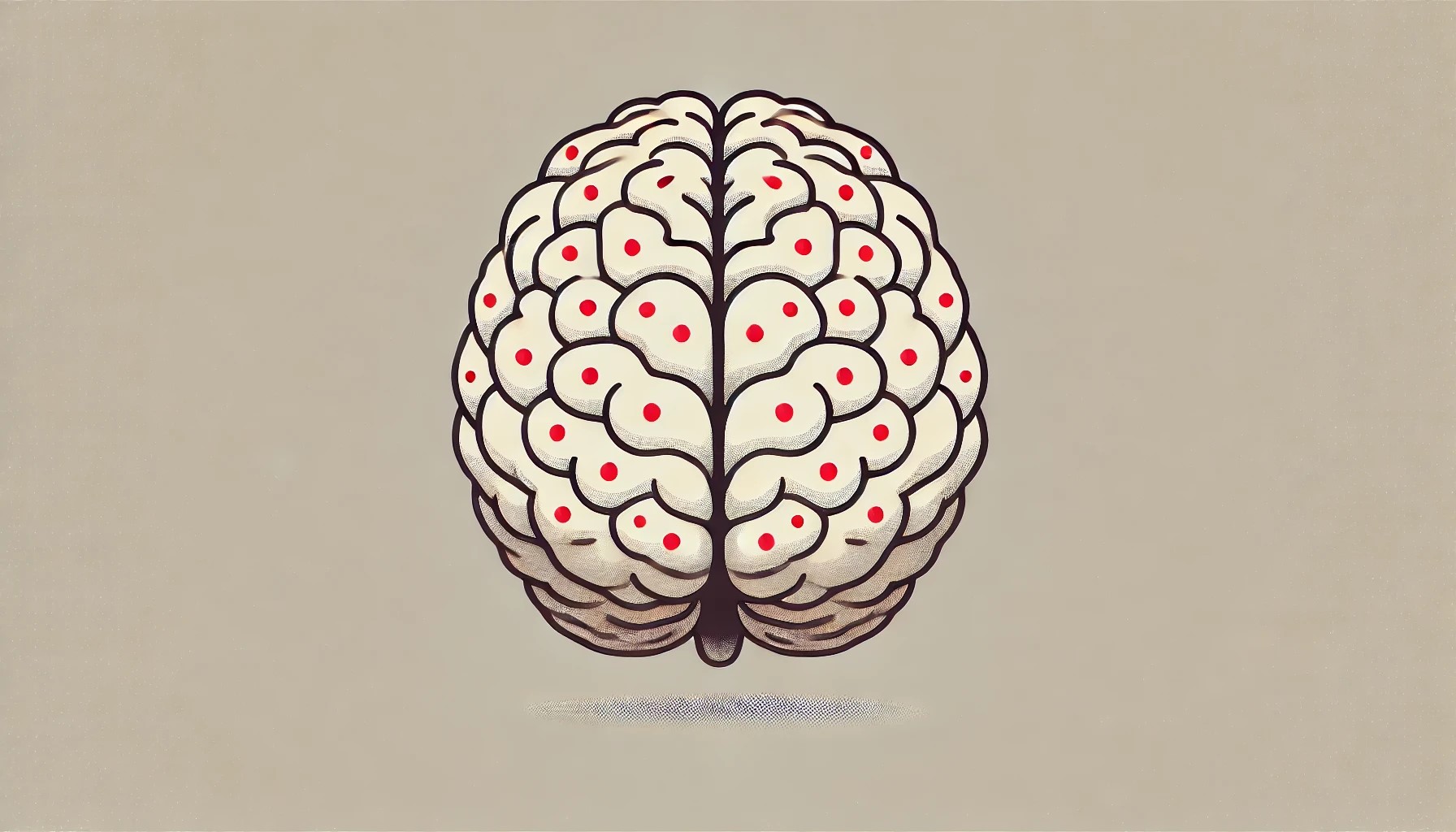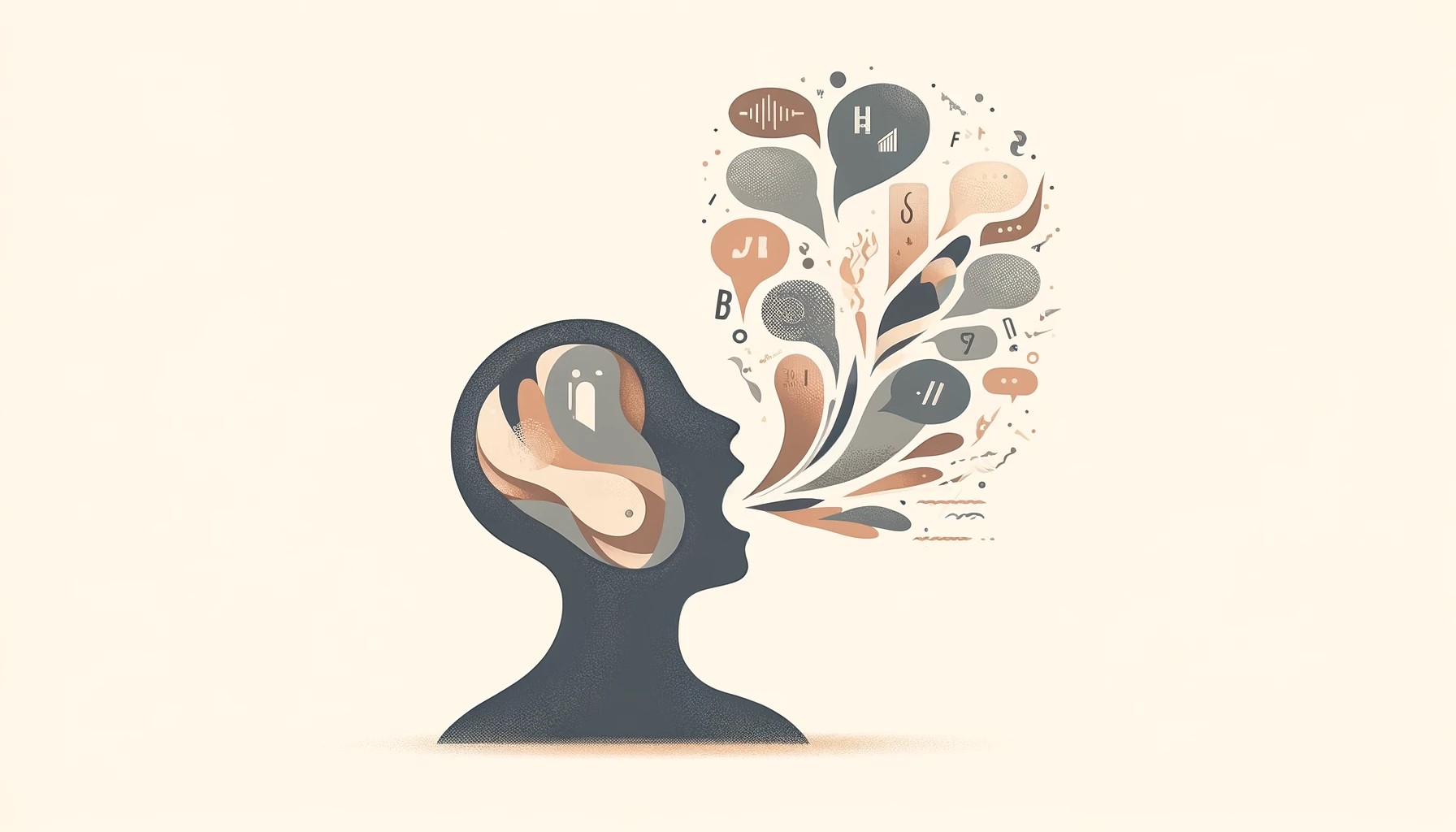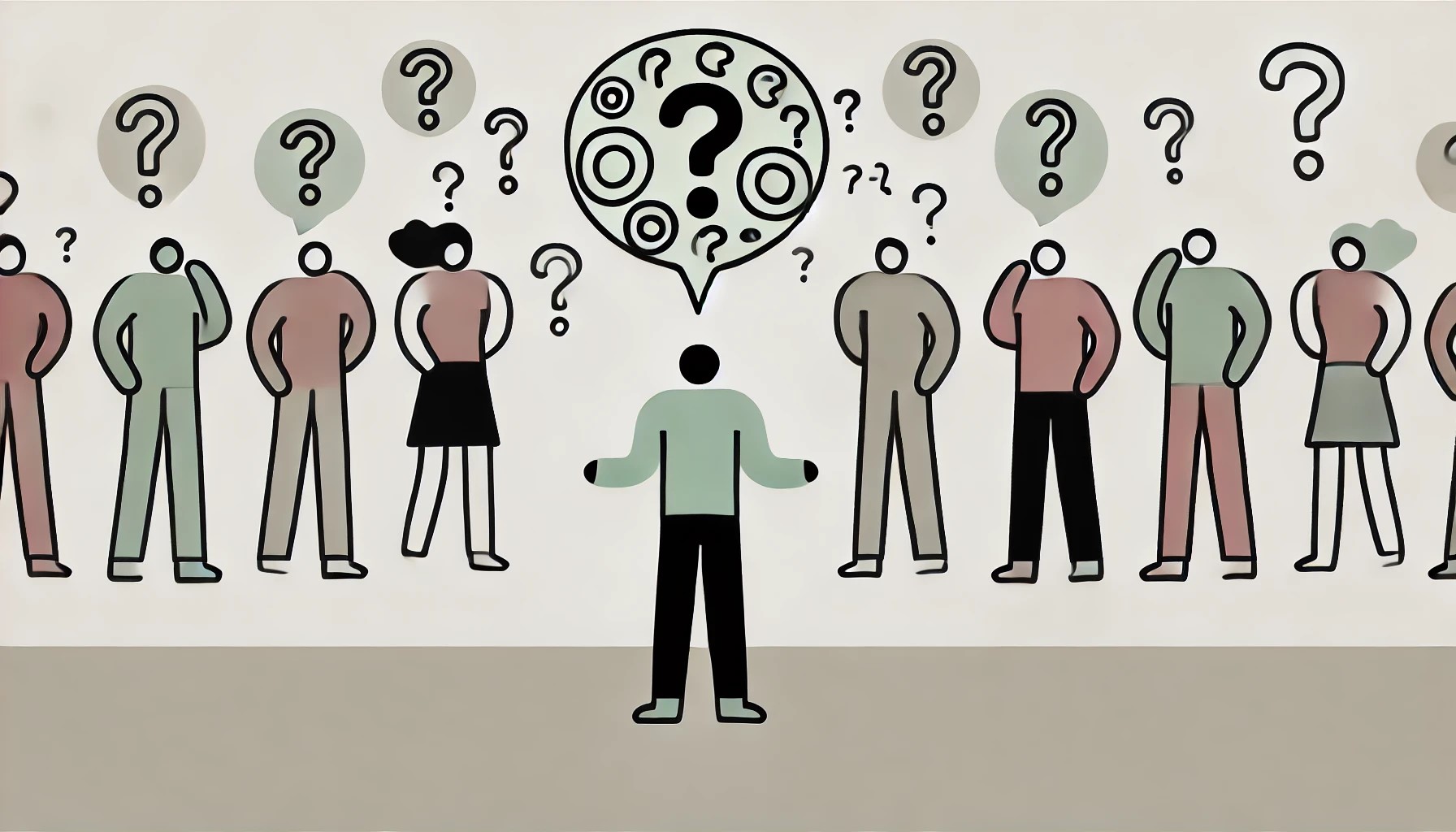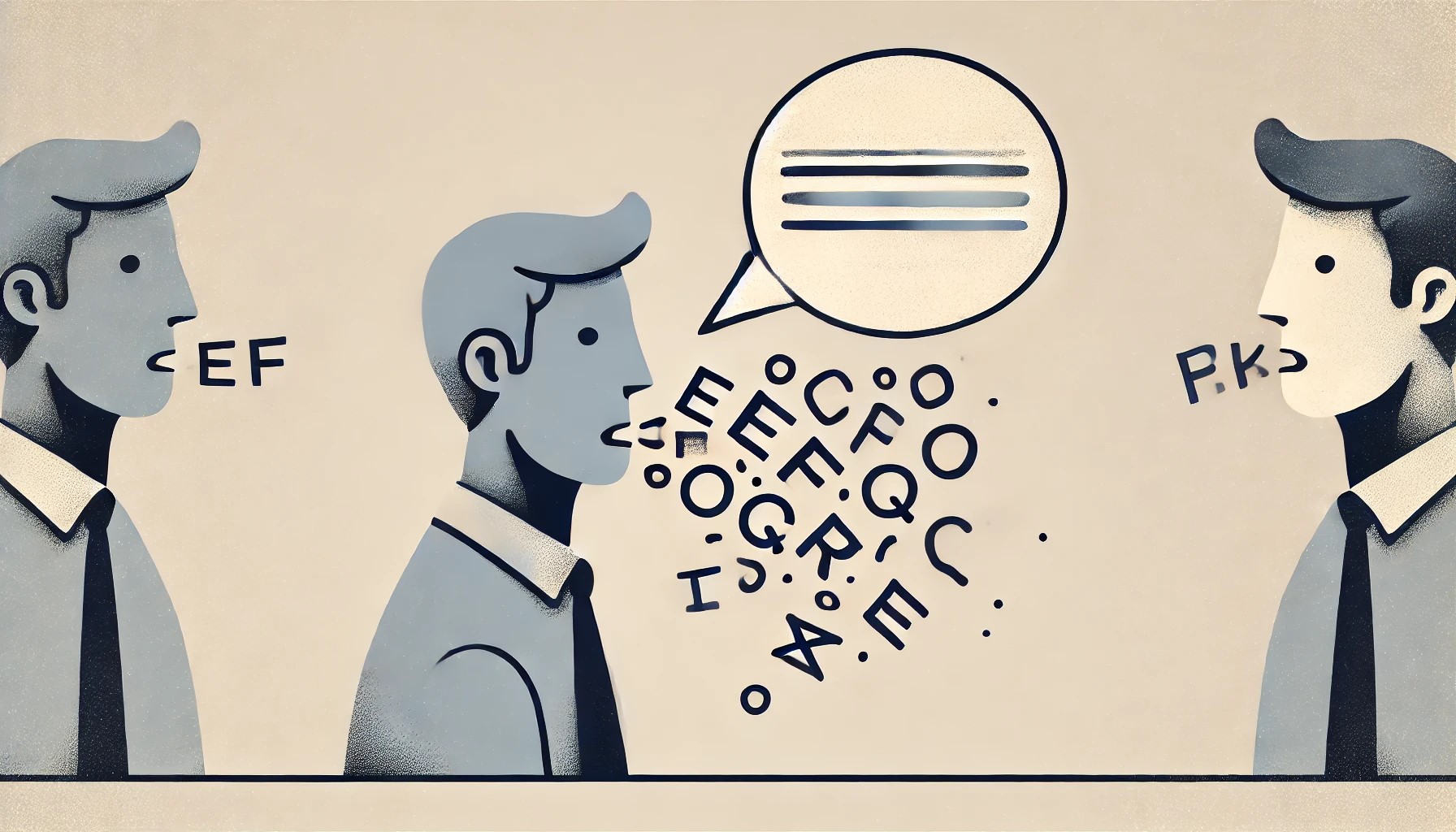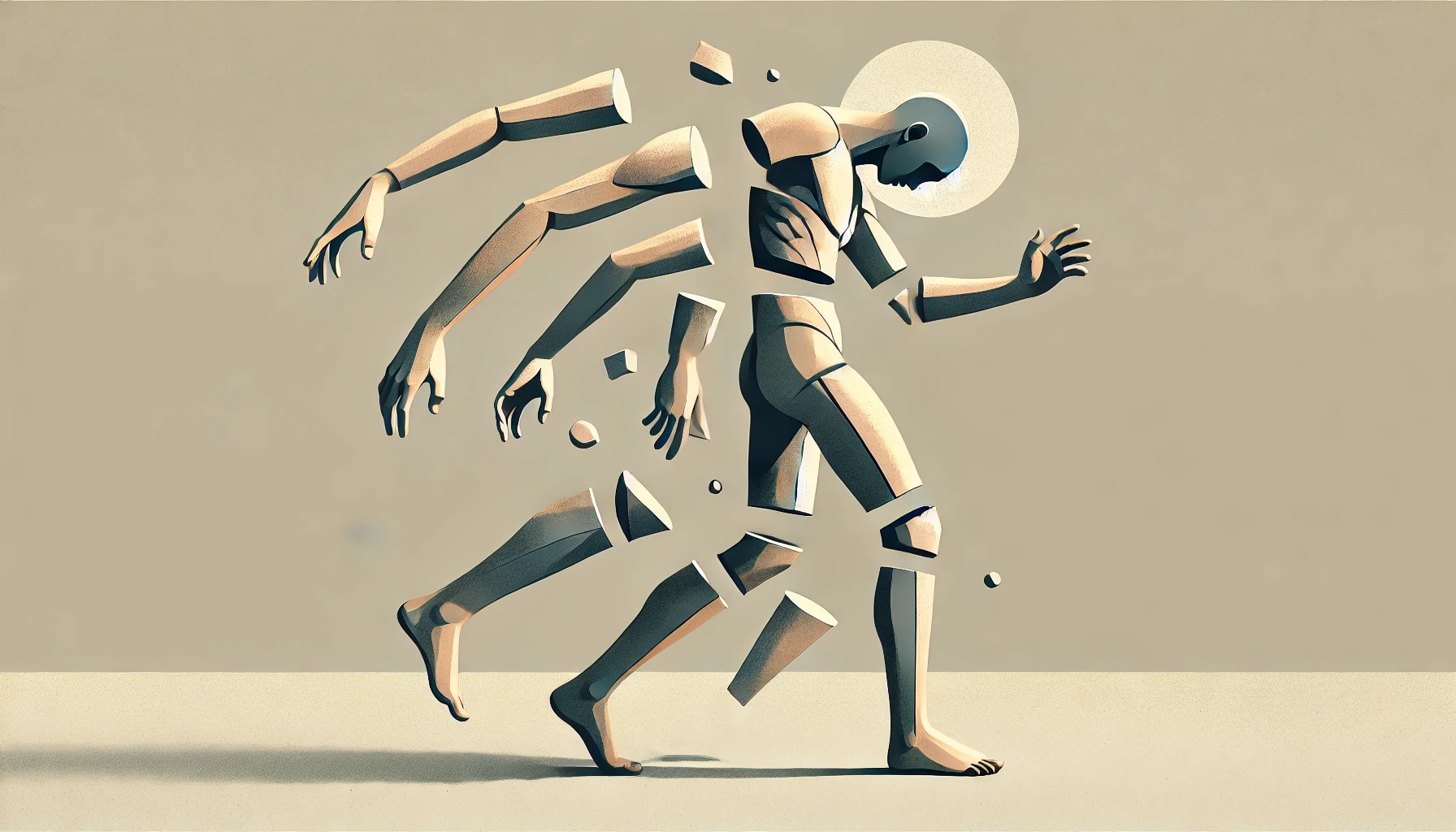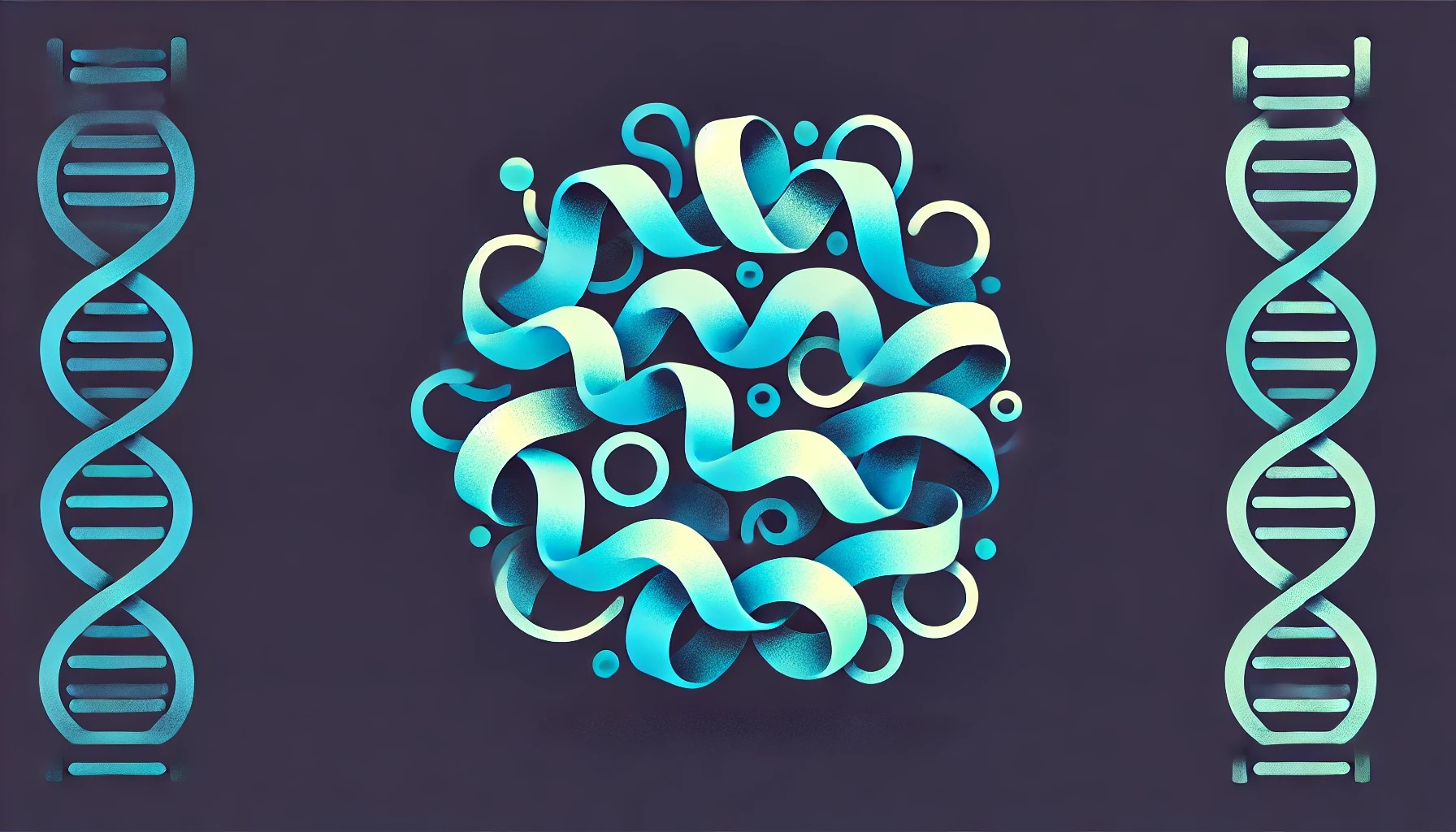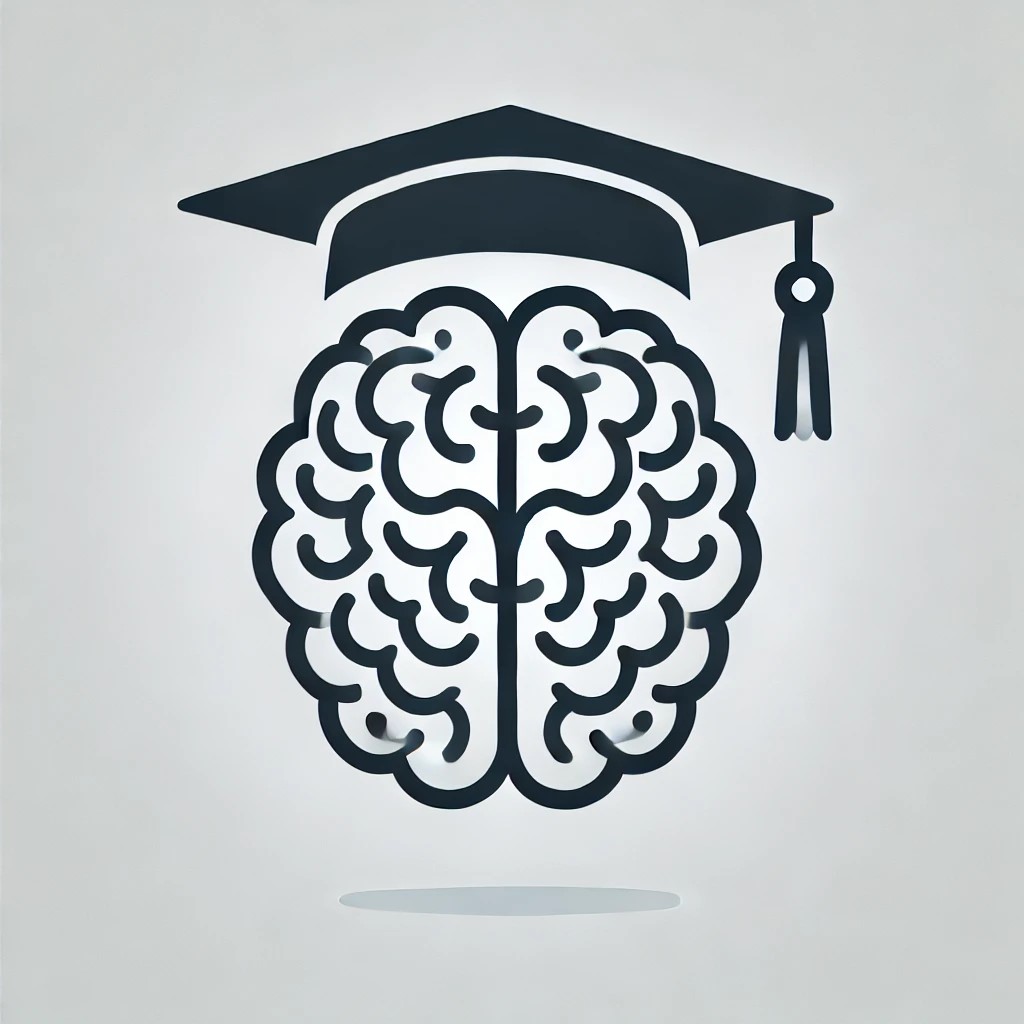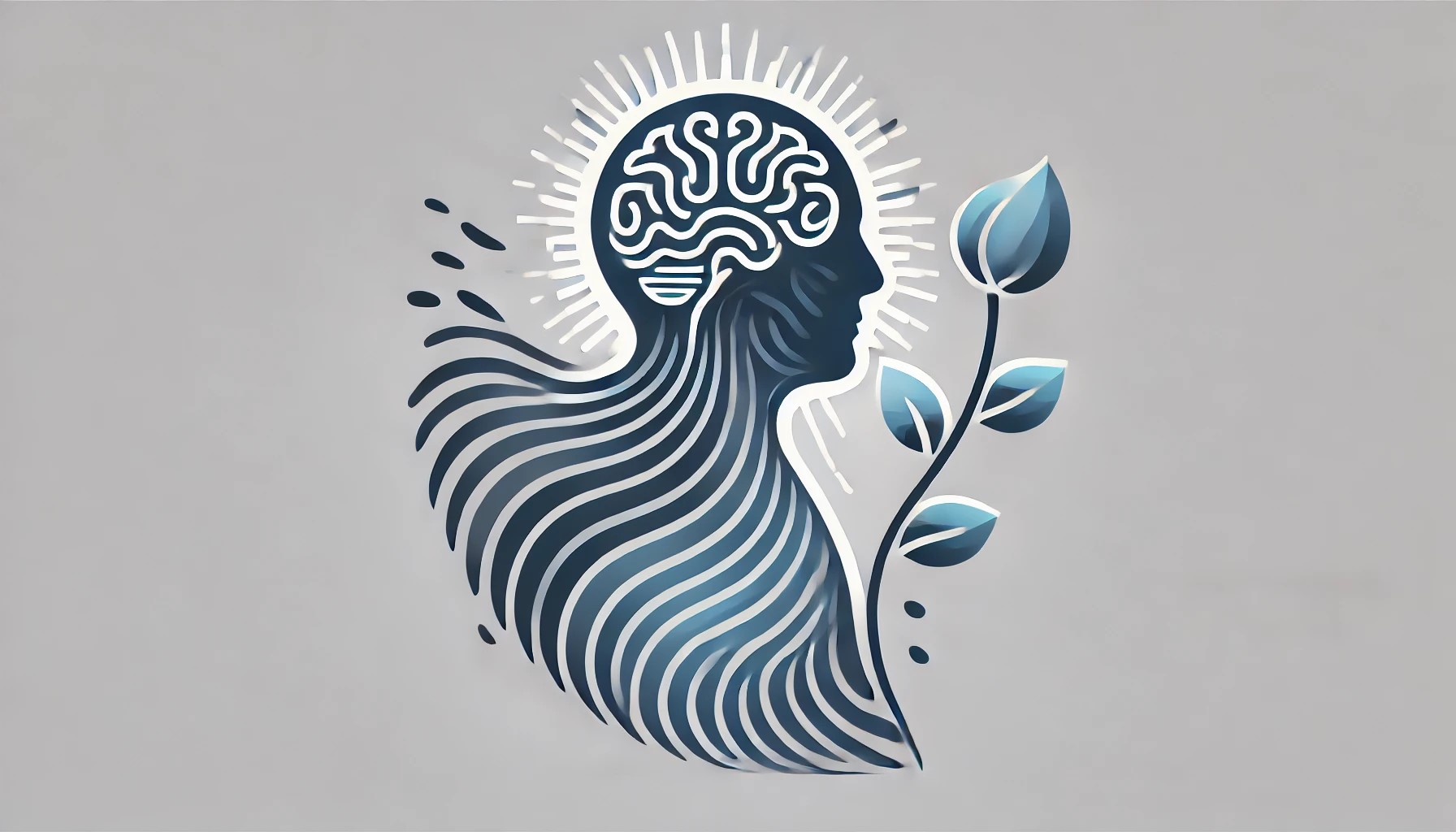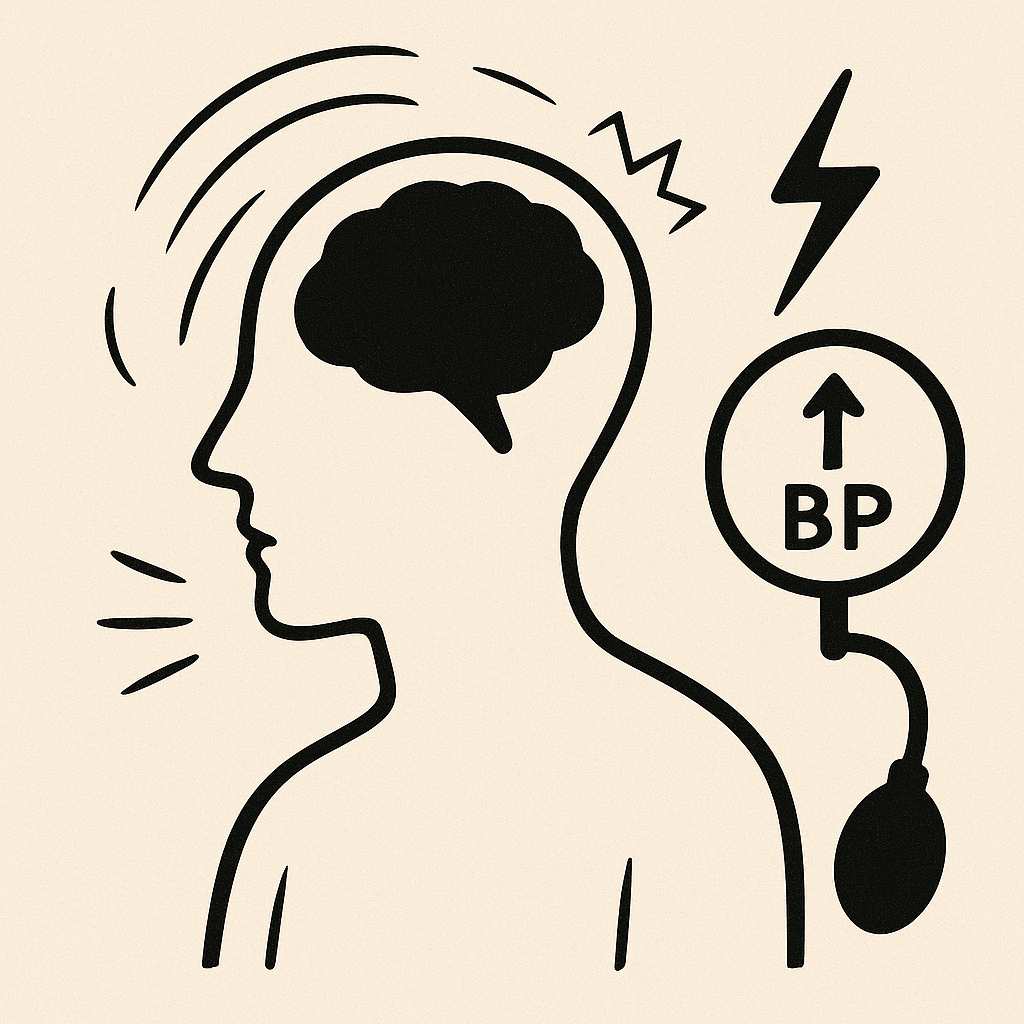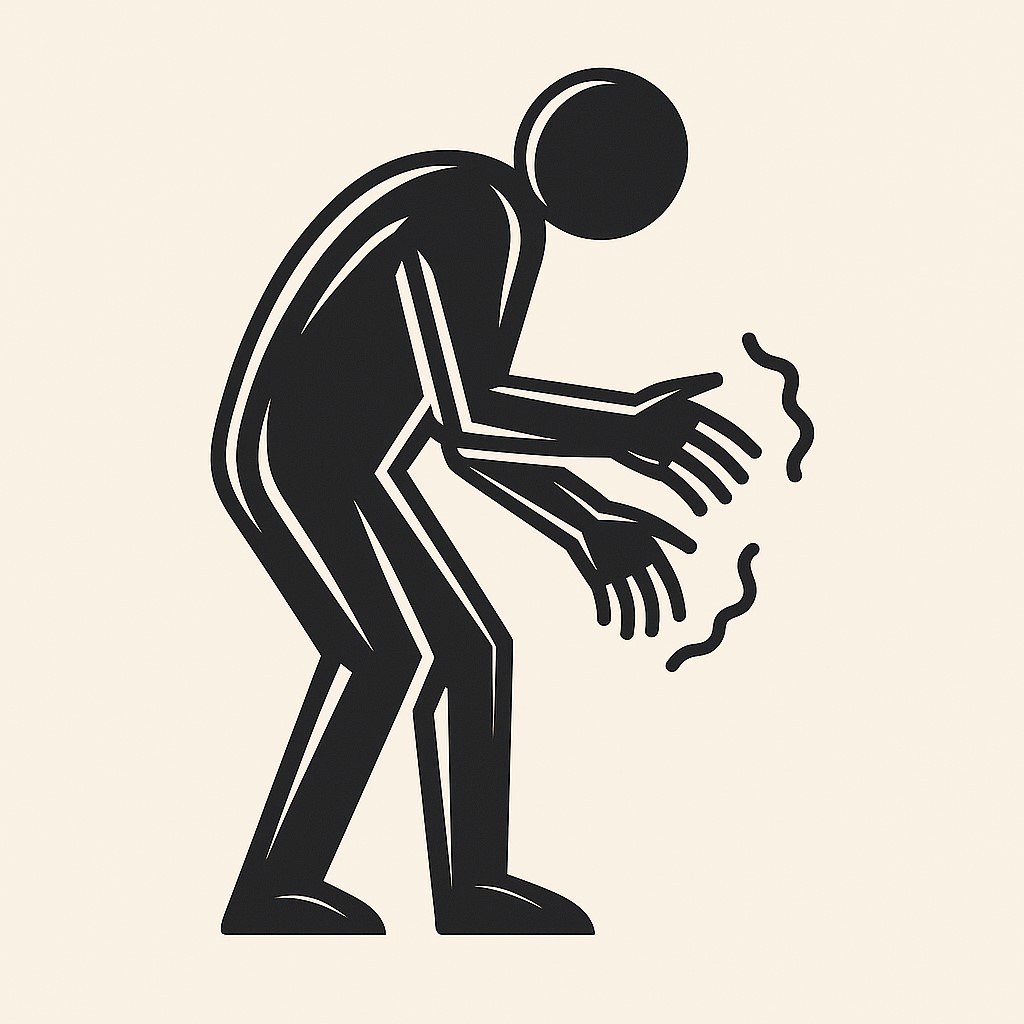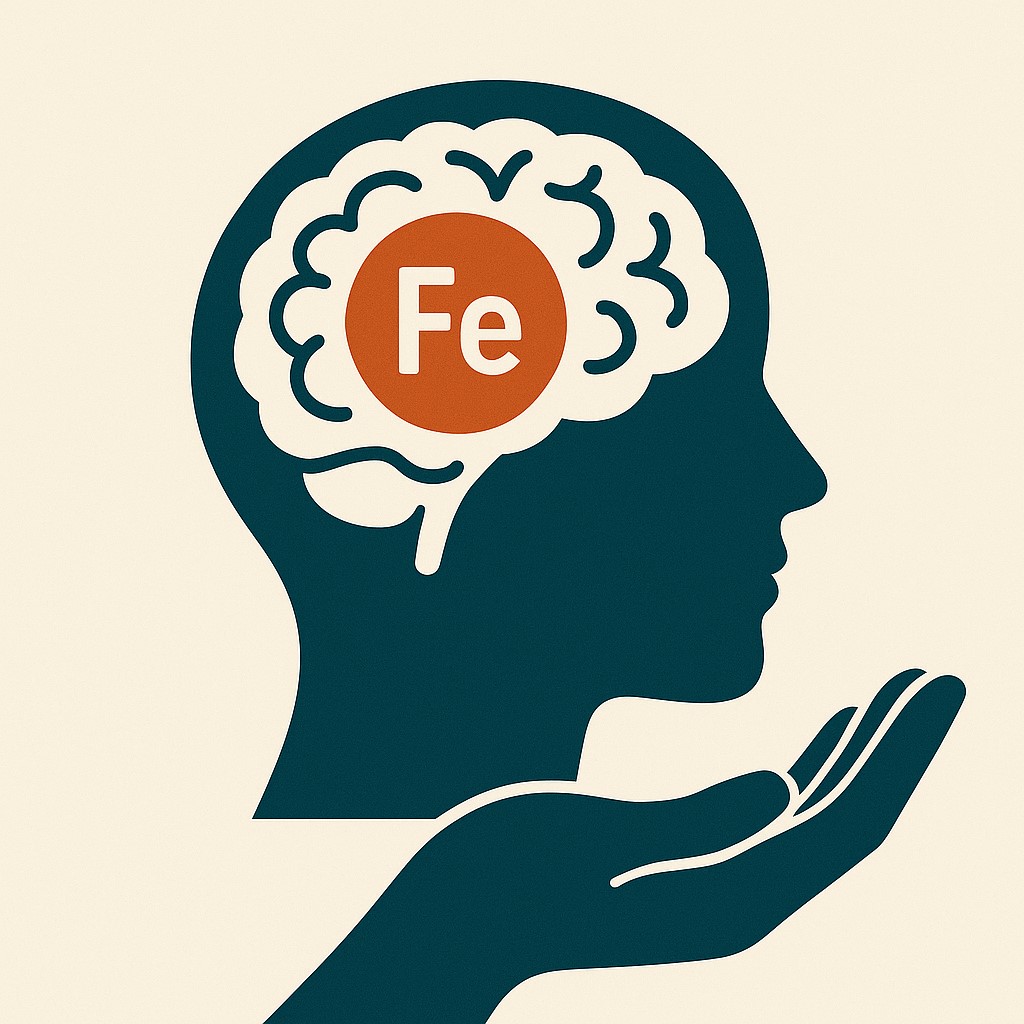Clinical Diagnoses
Our Reviews
Mild Cognitive Impairment
Mild Cognitive Impairment (MCI) involves noticeable memory deficits that don't hinder daily activities but can progress to conditions like Alzheimer's. The article discusses MCI diagnosis, management through lifestyle changes and medications, and highlights early signs and prevention of its progression to dementia.
Read moreDementia of the Alzheimer's type
Alzheimer's disease is a form of dementia with symptoms like memory loss, cognitive decline, and behavioral changes. It progresses from mild forgetfulness to severe impairment. Management includes medications, therapies, diet, exercise, and mental activities to potentially slow progression.
Read moreDementia with Lewy Bodies
Dementia with Lewy body disease (DLB) impacts cognition, behavior, and movement due to alpha-synuclein buildup, with symptoms like focus issues, memory loss, sleep problems, and hallucinations, usually between ages 50-85. Treatments include medications and therapies.
Read moreBehavioral Variant Frontotemporal Dementia
Frontotemporal Dementia (FTD) is a progressive brain disorder affecting behavior, language, and motor skills due to degeneration of the frontal and temporal lobes. It is often misdiagnosed as Alzheimer's or psychiatric issues. Accurate diagnosis and management are essential for enhancing quality of life.
Read moreVascular Dementia/Vascular Cognitive Impairment
Vascular dementia results from reduced brain blood flow, causing cognitive decline with symptoms like memory loss, speech issues, and balance problems. The guide covers causes, symptoms, risk factors, diagnosis, and management, including lifestyle changes, medications, and support systems.
Read moreCerebral Amyloid Angiopathy
Cerebral Amyloid Angiopathy (CAA) involves amyloid protein buildup in brain vessels, leading to bleeding, stroke, cognitive decline, and seizures. The article covers CAA's causes, symptoms, diagnosis methods, treatment options, and additional resources for support.
Read morePrimary Progressive Aphasia
Primary Progressive Aphasia (PPA) is a brain disorder impairing speech and language due to degeneration in specific brain areas. It has three variants and is associated with frontotemporal lobar degeneration or Alzheimer's. Speech therapy can aid in symptom management, but PPA typically doesn't improve.
Read moreSemantic Variant Primary Progressive Aphasia
Semantic variant primary progressive aphasia (svPPA) is a neurological condition that progressively impairs language and communication, often leading to social withdrawal due to brain degeneration. Management includes speech therapy and cognitive exercises to support language skills and brain function.
Read moreNonfluent Variant Primary Progressive Aphasia
Nonfluent variant primary progressive aphasia (nfvPPA) is a neurological condition characterized by gradual speech and language impairments, impacting communication. It is influenced by genetic and environmental factors. Early symptoms include halting speech and grammar issues.
Read moreLogopenic Variant Primary Progressive Aphasia
Individuals with logopenic variant primary progressive aphasia (lvPPA) experience progressive word-finding and speech difficulties, impacting communication and daily life. The text explores neurological causes, symptoms, management strategies, and resources for support, caregiving, and research participation.
Read morePosterior Cortical Atrophy
The article explores Posterior Cortical Atrophy (PCA), a rare Alzheimer's variant affecting visual and spatial abilities. It discusses PCA's causes, symptoms, diagnosis, and treatments, offering insights for patients and caregivers.
Read moreCorticobasal Syndrome
Corticobasal syndrome (CBS) is a neurological condition impacting movement and language, causing muscle stiffness, tremors, coordination issues, and speech problems. Symptoms worsen over time. Management includes medication, physical and occupational therapies, and lifestyle changes to enhance quality of life.
Read moreChronic Traumatic Encephalopathy
Chronic Traumatic Encephalopathy (CTE) is a progressive brain condition caused by repeated head injuries, common in contact sports like football, boxing, and hockey. It leads to memory loss, mood changes, and speech issues. Researchers are seeking early diagnosis, better treatments, and prevention strategies.
Read moreWernicke-Korsakoff Syndrome
Wernicke-Korsakoff Syndrome (WKS) is a neurological disorder caused by thiamine deficiency, often associated with malnutrition. It includes Wernicke's encephalopathy, causing confusion and coordination problems, and Korsakoff's psychosis, leading to memory loss and confabulation.
Read moreProgressive Supranuclear Palsy (PSP)
Progressive Supranuclear Palsy (PSP) is a rare brain disorder caused by tau protein buildup, affecting movement, balance, vision, speech, and thinking. It usually begins in the mid-60s and worsens over time. While there's no cure, therapies and medications can help manage symptoms.
Read moreParkinson's Disease Dementia
Parkinson's Disease Dementia (PDD) affects cognition, behavior, and movement due to Lewy bodies, causing memory and motor issues, hallucinations, and sleep problems that worsen with age. While incurable, treatments and routines can help manage symptoms.
Read moreChemotherapy associated cognitive impairment
The review highlights "chemobrain" as a major side effect of cancer treatments, affecting memory and attention. It calls for more research, consistent testing, and management guidelines to improve patients' quality of life. It notes shared mechanisms like oxidative stress and urges development of targeted interventions.
Read moreCreutzfeldt-Jakob Disease (CJD)
Creutzfeldt-Jakob Disease (CJD) is a rare, fatal brain disorder caused by prions, appearing in sporadic, genetic, and acquired forms. Symptoms include rapidly progressing dementia and motor dysfunction. Diagnosis uses EEG, MRI, and CSF tests. There's no cure; treatment focuses on symptom relief.
Read moreLimbic-predominant Amnestic Neurodegenerative Syndrome (LANS)
Limbic-predominant Amnestic Neurodegenerative Syndrome (LANS) is a slow-progressing disorder affecting memory and emotions due to TDP-43 protein buildup in the limbic system. It resembles Alzheimer's but progresses slower.
Read moreLong-COVID Cognitive Impairment
Long COVID can lead to "brain fog," characterized by slow thinking and memory problems. Causes include severe initial infection, ongoing inflammation, and blood-brain barrier issues. Diagnosis is tough, treatment targets symptoms, and outcomes differ.
Read moreUnderstanding a Neurocognitive Disorder Diagnosis
Understanding neurocognitive conditions is crucial for brain health and longevity. They range from normal cognitive function to mild cognitive impairment and various types of dementia, like Alzheimer's and vascular dementia. Recognizing underlying pathologies, such as amyloid plaques and genetic factors, aids accurate diagnosis and management.
Read moreParkinson's Disease
Parkinson's disease is a progressive neurological disorder that affects movement due to the loss of dopamine-producing brain cells. It causes motor symptoms like tremors and rigidity, and non-motor symptoms like mood changes. Management includes medications, therapy, and lifestyle adjustments.
Read moreMultiple System Atrophy
Multiple System Atrophy (MSA) is a rare, progressive neurodegenerative disorder affecting the autonomic system and movement, resembling Parkinson's. It has two types: MSA-P (Parkinsonian) and MSA-C (Cerebellar). Symptoms include autonomic dysfunction and motor issues.
Read moreSecondary parkinsonism
Secondary parkinsonism mimics Parkinson's disease symptoms but is caused by external factors like medications or toxins. Treatment focuses on addressing the root cause, as typical Parkinson's medications may not work. Diagnosis involves history, exams, and tests. Support resources are available.
Read moreNeurodegeneration with Brain Iron Accumulation (NBIA): A Patient Guide
Neurodegeneration with Brain Iron Accumulation (NBIA) comprises rare genetic disorders causing iron buildup in the brain, leading to neurological damage. Subtypes like PKAN, PLAN, and BPAN arise from specific mutations. Symptoms include movement disorders and cognitive decline. Diagnosis uses clinical evaluation, MRI, and genetic testing. While incurable, symptoms can be managed with medications, therapies, and support resources.
Read more

